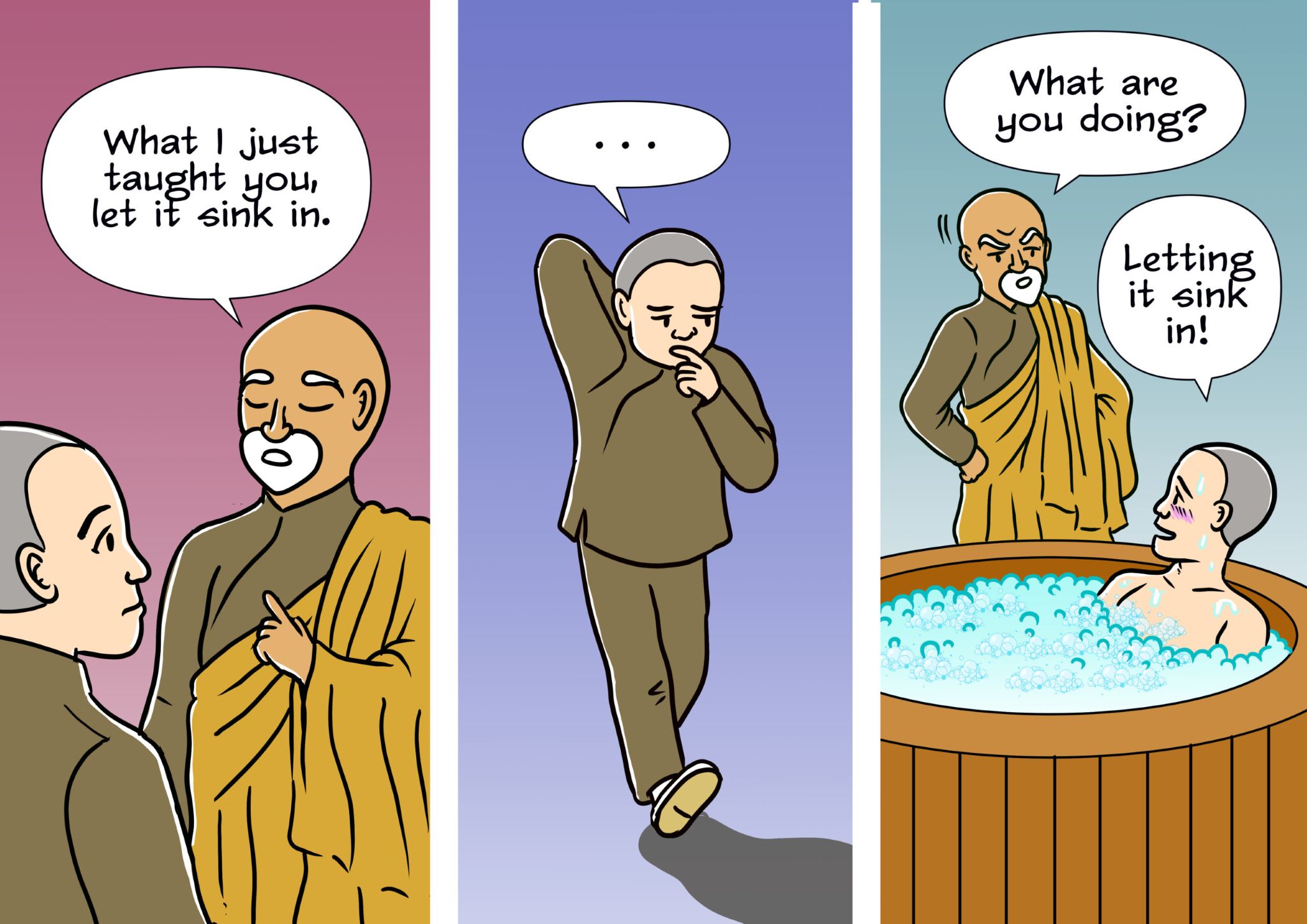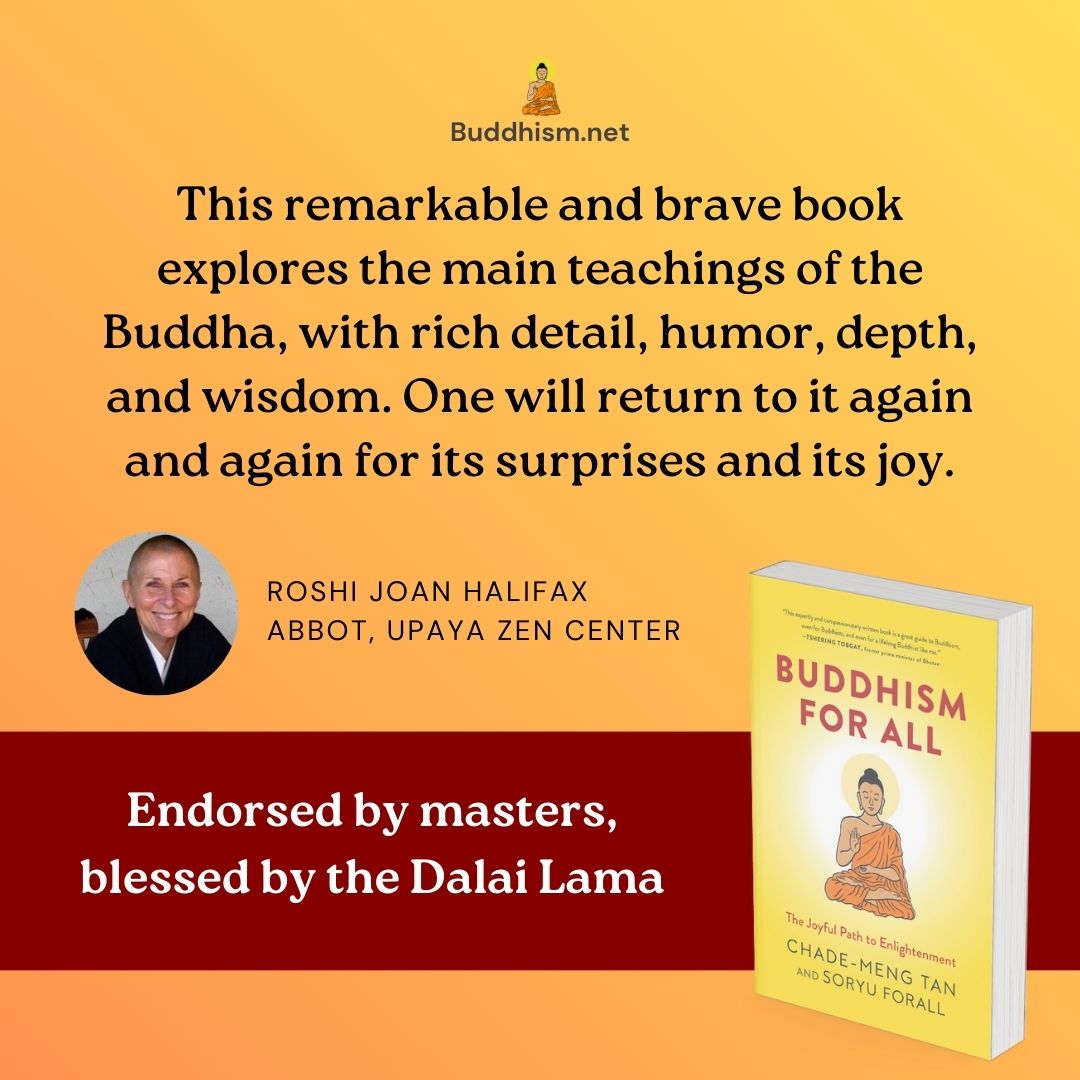If Soryu was giving a lecture on the Second Noble Truth, he would start by explaining that suffering is caused. That means it is not inherent, and not arbitrary, and that it is subject to cause and effect. And then before he talks about the actual cause of suffering, he would say, “Let’s pause and let that sink in: suffering is caused.” He would stop talking, and there would be that long awkward silence. Yeah, it’s a thing with Buddhist teachers, they like awkward silences, maybe they think it’s funny or something.

Beyond being funny, Soryu drives home a fundamental point. People think the essence of the Second Noble Truth is craving (taṇhā), but it’s actually not. The essence of the Second Noble Truth is that suffering is caused. The Buddha himself summarized the Second Noble Truth as “dukkha-samudaya”, which means “origin of suffering”.[1] He didn’t summarize it as craving, he summarized it as origin. Whatever is the cause of suffering, knowing that it is caused is the most important of all. That is the point Soryu tries to bring across with his awkward silence.
Inherent in the second noble truth is another insight that carries profound significance in your practice of Buddhism, which is the realization that in order to eliminate suffering, we don’t have to create anything new, we merely have to remove existing obstacles. The mind in its natural state is already pure, perfect and free from suffering, however, there are conditions that cause it to suffer. For example, the Buddha said, “Monks, this mind is luminous, but it is defiled by external defilements.”[2] In that sense, there is not a single thing we need to do to “upgrade” the already perfect mind, all we have to do is to remove those conditions that cause suffering. Some Buddhist teachers humorously compared the original perfection of mind to a piece of gold hidden within a ball of cow dung. You don’t have to create the gold, it is already there, all you need to get the gold is to wash away the dung.
Soryu has a complementary way of looking at it, and it relates to the five aggregates subject to grasping. He says you can think of them as five modes in which we can accumulate suffering.[3] Seen from this perspective, non-suffering is already available, we simply have to not accumulate suffering via any of those five avenues. Being a competitive tennis player in a former life, Soryu offers up a tennis analogy. There are five ways to lose: hit the ball into the net, too far to the right, too far to the left, too far long, and you just missed the ball in the first place. To win, all you have to do is to not do those five things.
Activities
References
[1] Dīgha Nikāya 29, and many other places.
[2] Aṅguttara Nikāya 1.49.
[3] A hint of this frame of reference comes from early Chinese Buddhist masters’ decision to translate aggregate (khandha) as yùn (蕴), which literally means accumulation.
Featured image by Colin Goh.

